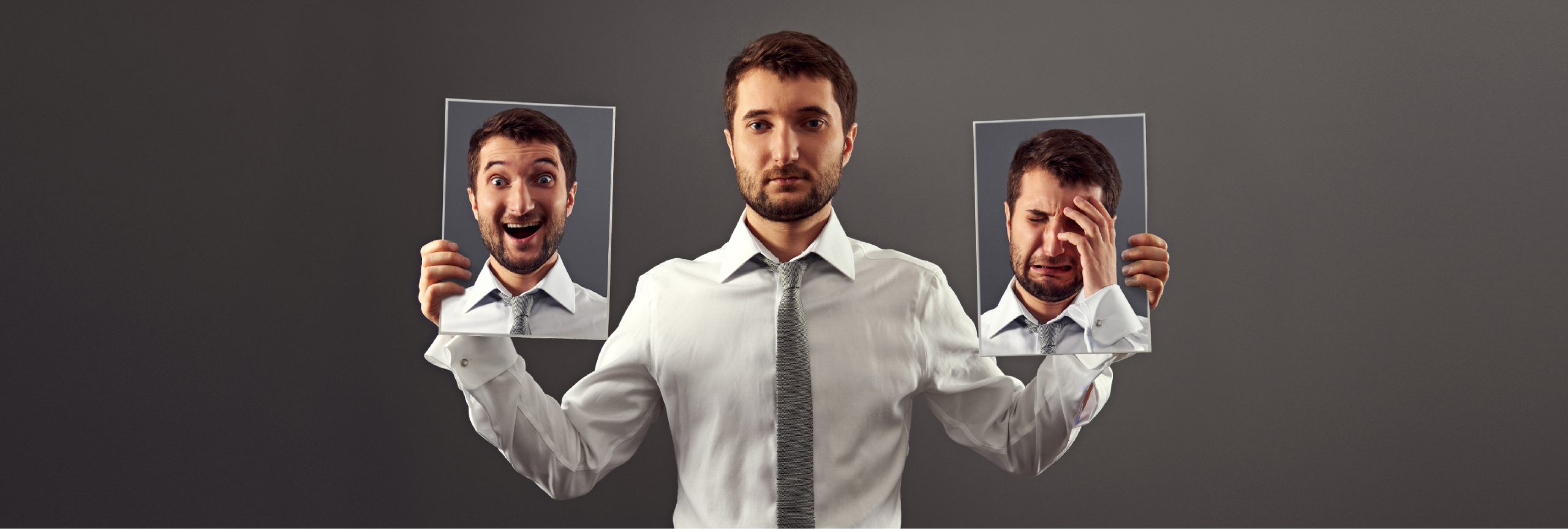What comes to your mind when you think of masculinity? Well, one definitely thinks about physical strength, muscular body, stoic, stubborn, manly, and anything worthy of being a male. Cultural norms and gender stereotypes have been circulating for generations, and they can be toxic, especially for males. Masculinity has victimized men. Being tough, stoic and not emotionally vulnerable has been a hallmark of traditional masculinity. Well, it’s time to redefine it.
Research shows that men experience the same level of emotions as women do, because of the societal norms, it is not socially acceptable for men to cry when they are sad, which makes one feel men don’t experience sadness at all. So, men channel their sadness to anger rather than cry. By hiding their emotions, they compensate by acting in a more stereotypically masculine way.
Telling boys to be more masculine, stoic, and desirable is equal to telling your girls to be naturally beautiful and to get leaner. Masculinity is as toxic as femininity.
First of all, lets define Vulnerability. Vulnerability is a person’s openness and willingness to risk being hurt. Similarly, being emotionally vulnerable is the ability or willingness to acknowledge (and potentially express) one’s emotions. Particularly those emotions that are difficult or painful. Emotions such as shame, sadness, anxiety, insecurity, etc.
Here are a few Common phrases which can make a man emotionally vulnerable.
- ‘Be a real man’ – How often have you heard this phrase that sounded like a ‘real man takes care of his kids, or a real man doesn’t cheat on his partner or a real man pays for everything’ or anything else that starts with ‘real man’? The phrase symbolizes how men are expected to be. These kinds of stereotypes work to reinforce limited notions of what a man can and cannot be and can put a lot of pressure on men. Consider ‘a real man takes care of his kids’. This is what you are supposed to do as a parent regardless of gender.
- ‘Man up’ – This phrase is often used as an emotional silencing tool, particularly towards boys in their childhood. Boys quickly learn that expressing emotions, like being emotionally vulnerable such as crying or disclosing pain are weaknesses. And they internalize this, so that by the time they transition from boyhood through their adolescence to manhood, they suppress emotions internally without even realizing it.
- ‘Men don’t cry’ – this is an extension of man up, as crying would indicate the persona of a girl or being usually weak and emotionally vulnerable. Crying is not only reserved for negative moments it can be an expression of lamenting and sadness, but it can equally & deeply express overwhelming joy and happiness – don’t you love it when you see a man cry on his wedding day. It is absolutely beautiful.
- ‘Men are stronger than women’ – Of course there’s a biological difference between men and women. It is not the number of pushups or lifting the heaviest of weights we are talking about, the greatest among them is the emotional strength and men are not by default stronger than women. Men are emotionally vulnerable likewise; it is just that the society which is busy holding the big picture of Masculinity.
- ‘Men are logical than emotional’ – This phrase is often deep rooted in the desire to remove men from being emotionally vulnerable. Men are considered to be the logical gender who think through their actions, decisions and judge each other based on the outcome and not merely by how they feel.
Consequences of not being emotionally vulnerable:
Men are really good at hiding their feelings right from childhood as they are often being told to ‘man up’ or ‘act like a man’ which makes it very easy to turn off their emotions. As humans we need to experience the ability to feel and process our emotions.
Eg: When your happy, you really want to smile as you get excited, when you’re angry you want to tone up and you feel like busting your anger, similarly when you’re sad you feel like crying it out. What happens when you suppress these emotions? Suppressing these emotions can lead to depression and anxiety, especially in men it also increases the risk for suicide. Men are much more likely to commit suicide than women. Studies have shown than men suicide rates are 3.5 times higher than women’s suicide rates.
How can Men learn to be emotionally vulnerable?
- Learn to express your emotions: Be honest about how you feel, it would be difficult initially if you’ve been bottling up your emotions all your life. Recognize the way you’re feeling, and try to figure out what’s making you feel that way. Allow yourself to express those emotions however it feels right.
- Find therapeutic hobbies: Hobbies are a great way to have a tap on your emotions and reflects a sense of positivity. Studies have shown that people who have hobbies experience less stress and depression and have a better outlook on life. Examples of a few therapeutic hobbies are listening or playing music, hiking, gardening, dancing, cooking, photography, drawing/sketching, sports and journaling.
- See a therapist: Men are less likely to visit a therapist due to the negative stigma about men and mental health. Therapy is a safe space for men to be emotionally vulnerable without being judged. A place to learn about how to cope up with one’s emotions in a healthy and productive way.
How can being emotionally vulnerable help you?
- Improves connection and intimacy: being emotionally vulnerable and sharing the emotions with the ones you care about creates a feeling of acceptance and allows to understand each other creating a better connection.
- Cultivates trust: being open and sharing the hidden thoughts cultivates a sense of trust and can reduce the feeling of unwanted burden.
- Enhances growth and change: Accepting that you can be emotionally vulnerable is like creating a nonjudgmental zone, which increases the self-esteem and enhances growth.
- Boosts confidence: Opening up to your fears and strengths has nothing to be ashamed of. Being emotionally vulnerable makes you feel comfortable with the imperfection’s you possess without shame and embarrassment.
- Strengthens humanity: It’s the essence of being a human the more we hide from this world the more disconnected we get. It always feels motivates when we help vulnerable people in crisis.
The portrayal of being emotionally vulnerable as a weakness if one has to be masculine has an age-old origin, which has been worsened by norms, culture and media in the current generation. It’s time to redefine masculinity with a range of emotions!
We could call it as “Healthy masculinity” which means being honest with oneself about one’s own feelings sharing one’s emotions, needs and desires. It also means treating all others with the kindness and respect that they deserve. Healthy masculinity also means not using your size, strength, or power to get what you want from others
Written by Aishwarya Deepika, ENHAPP Wellness Coach & Nutritionist




